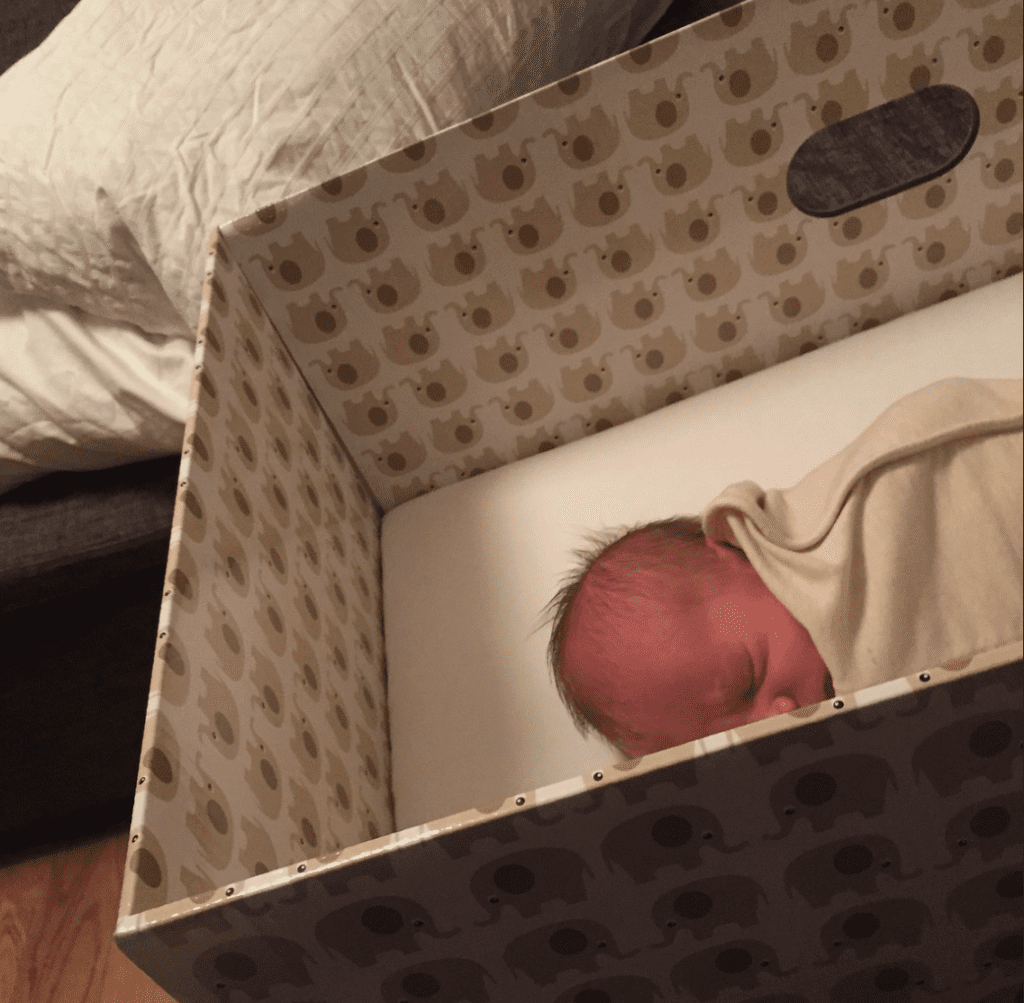CNN has an opinion piece today called “My mother deserved to die with dignity“, in which the author details her mother’s 17-year battle. First it was stage-4 cancer, and a 6 month prognosis, which she fought, but, two years later, she faced a brain tumor, then breast cancer, and, ultimately, after a diagnosis of cancer on the spine, she killed herself with a drug overdose. In the meantime, her husband left her, she was dependent on an ostomy bag, and she became addicted to painkillers — all of which happened as the author was growing up, since the cancer first struck her mother when she, the author, that is, was only 8 years old.
So, she says, ” She deserved better. She deserved to go in a more dignified way.” And she seems to imply that this “dignified death” should indeed have happened upon that first diagnosis. Never mind that she would have grown up motherless and later, orphaned (because her father died when she was 16), she says,
What kind of life was it for her children? I can tell you it was hard. I was robbed of a childhood. It was years of struggles and tears. I would never wish what I had lived through on anyone. No child should have to see their parents suffer so much.
And even though it was her mother’s choice, at each of these treatments, to fight on, she thinks it was the wrong decision, because she had to watch her mother suffer, and she was no longer “full of life” but “sad and had lost all hope.” And the conclusion she draws, about the decision she made 17 years after the initial diagnosis, 17 years too late, in the author’s opinion, is this:
Dying with dignity is a brave decision to make. It’s a decision that involves everyone, and it’s one of the greatest gifts of love that person can give to those left behind.
Separately —
There was a post on the Washington Post Wonkblog a couple days ago, with some statistics on the number, and demographics, of documented deaths under “Death with Dignity” laws. Even the title of the post is telling, “Beyond Brittany Maynard: Who is choosing to die with dignity.”
And this is my beef: assisted suicide advocacy groups have so thoroughly claimed the label “dignity” that they have deformed its meaning. Dignity is not about being able to walk, or live independently, and being dependent on someone else to prepare your meals, or even feed them to you, or requiring care for intimate personal needs doesn’t rob a person of dignity. Dignity is something each of us possesses as human beings, first and foremost, and, secondly, it is our own behavior that makes us dignified, or undignified. To accept becoming impaired and dependent, and understand that this is a part of life, is dignified. I’m not saying that you are obliged to fight your disease with all your might, or, to the contrary, accept it as part of God’s plan. But to reject dependency as “undignified” is wrong, and worse still is to cause others to believe that their dependency makes them “undignified.”
Now, I know full well that I have not had a loved one die a long and painful death. But this tendency to say that, just as we put animals “to sleep,” so to should we “put to sleep” our loved ones, as the commenters to the CNN piece did repeatedly, because, pragmatically speaking, there’s no point in continuing on, this fails to understand what it means to be human, and find dignity and value in life even in the midst of suffering and dependency.
And I’d write several more paragraphs in the same vein, but more eloquently, if I were able, but this will have to suffice for today.











